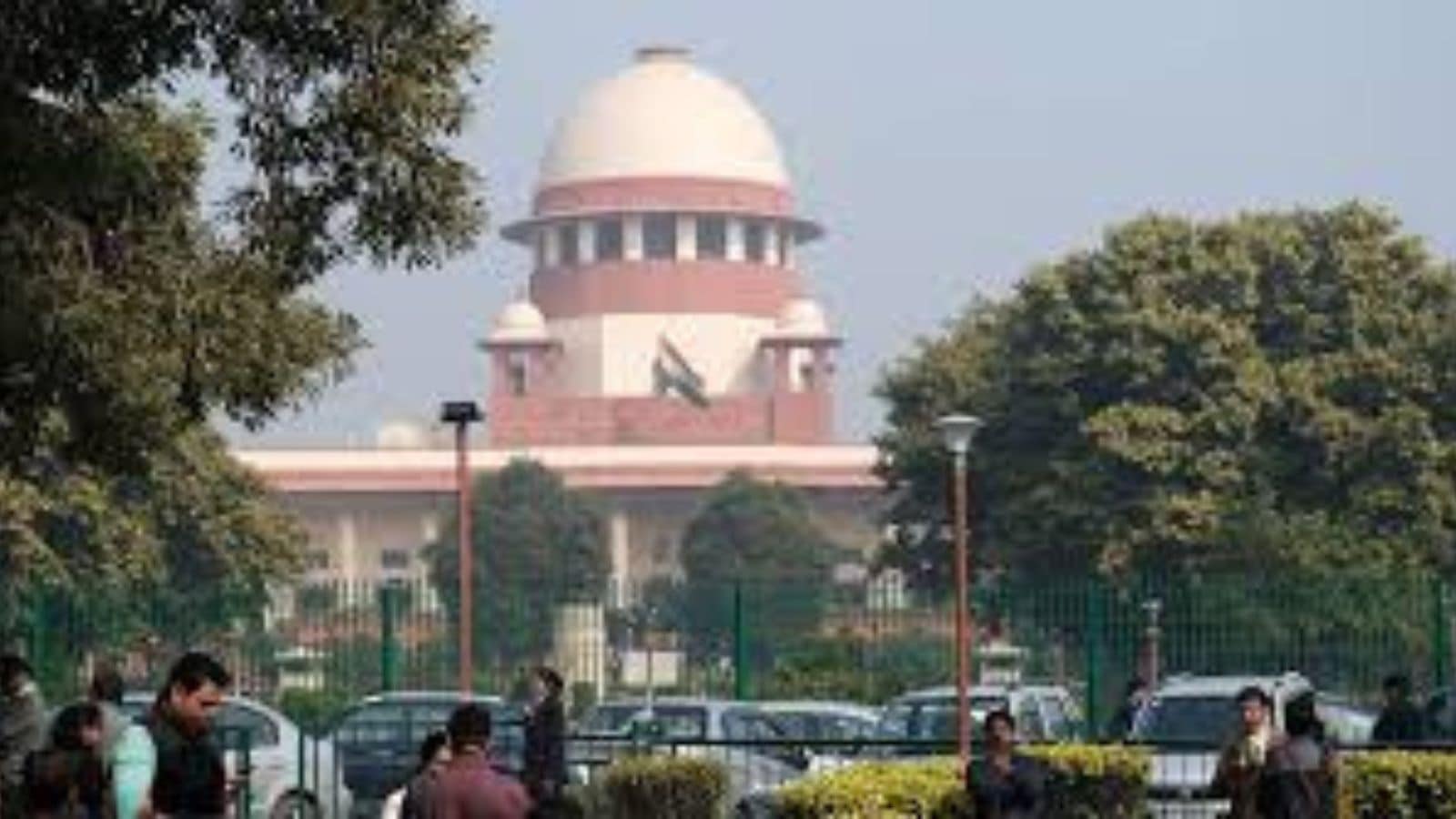 |
|
The Supreme Court of India delivered a landmark judgment on Wednesday, declaring domicile-based reservation for postgraduate (PG) medical admissions unconstitutional. This ruling, stemming from a 2019 reference, significantly alters the landscape of medical education in India. The three-judge bench, comprising Justices Hrishikesh Roy, Sudhanshu Dhulia, and S V N Bhatti, unanimously held that such reservations infringe upon the fundamental right to equality guaranteed under Article 14 of the Indian Constitution. The core argument centered on the inherent contradiction between restricting access to postgraduate medical education based on residency and the constitutional guarantee of equal opportunity for all citizens. The court emphasized that the right to reside anywhere in India and pursue any profession is a fundamental right, not to be curtailed by state-imposed limitations based on place of residence.
Justice Dhulia, in delivering the operative part of the judgment, powerfully articulated the principle of national unity underlying the decision. He underscored that every Indian citizen holds a single domicile – that of India itself. This assertion fundamentally challenged the legitimacy of domicile-based reservations in PG medical admissions. The court recognized the distinct nature of postgraduate medical education, emphasizing its specialized character and the potential for geographically biased reservations to negatively impact the quality of healthcare across the nation. The implications of localized quotas for postgraduate training extend beyond mere access to education; they influence the distribution of skilled medical professionals, potentially creating disparities in healthcare access across different regions of India. By striking down domicile-based reservations, the court aimed to foster a more equitable distribution of qualified medical practitioners nationwide.
While the court acknowledged that some degree of domicile-based reservation might be permissible in undergraduate (MBBS) medical courses, it drew a clear distinction between undergraduate and postgraduate medical education. The court reasoned that the more foundational nature of MBBS courses allowed for some degree of flexibility in implementing reservations. This is a significant distinction reflecting the different stages and complexities of the medical education trajectory. However, the specialized and competitive nature of postgraduate medical training, requiring advanced skills and expertise, demanded a different approach, thereby rendering domicile-based reservations inappropriate. The ruling carefully clarified that existing domicile-based reservations granted prior to the judgment would remain unaffected. This approach balances the need for immediate legal clarity with the avoidance of disrupting the educational pathways of students who have already secured admission under existing policies. However, future admissions will be guided by the new legal framework established by this landmark judgment.
The impact of this ruling will be far-reaching and transformative. Aspiring medical students will now navigate a revised admissions process, free from the constraints of domicile-based quotas. Medical colleges will also need to adapt their admissions procedures to comply with the new legal standard, potentially necessitating significant changes in their administrative frameworks. The implications for state governments are also noteworthy. The ability to use domicile-based reservations as a tool for promoting regional access to healthcare will be significantly curtailed. States will need to explore alternative strategies to address regional disparities in healthcare access, perhaps focusing on initiatives that promote equitable access to medical education without resorting to potentially unconstitutional quotas. The judgment represents a crucial step towards strengthening national unity and ensuring equal opportunities for all aspiring medical professionals across India.
Furthermore, the Supreme Court's decision highlights the ongoing tension between the desire for regional representation and the broader principle of equality. While acknowledging the potential benefits of addressing regional disparities in healthcare access, the court prioritized the fundamental right to equality, deeming domicile-based reservations as an inappropriate method for achieving regional balance in postgraduate medical admissions. This judgment underscores the need for a more nuanced approach to addressing regional healthcare imbalances, one that respects fundamental rights while promoting a more equitable distribution of skilled medical professionals across the country. Future policy discussions surrounding healthcare access and resource allocation will undoubtedly need to take this ruling into account, necessitating the exploration of alternative mechanisms to promote regional equity without compromising the principles of national unity and equal opportunity.
The judgment's long-term impact will also depend on its effective implementation. The clarity provided by the Supreme Court is vital, but its successful implementation requires careful monitoring and adherence by all relevant stakeholders. This includes medical colleges, state governments, and the regulatory bodies overseeing medical education. The Supreme Court’s decision is not merely a legal pronouncement; it is a significant step towards fostering a more inclusive and equitable system of medical education in India, ensuring that talent and merit are the primary determinants of success, irrespective of a student's place of residence.
Source: NEET PG: SC declares domicile-based reservation for postgraduate medical admissions unconstitutional
